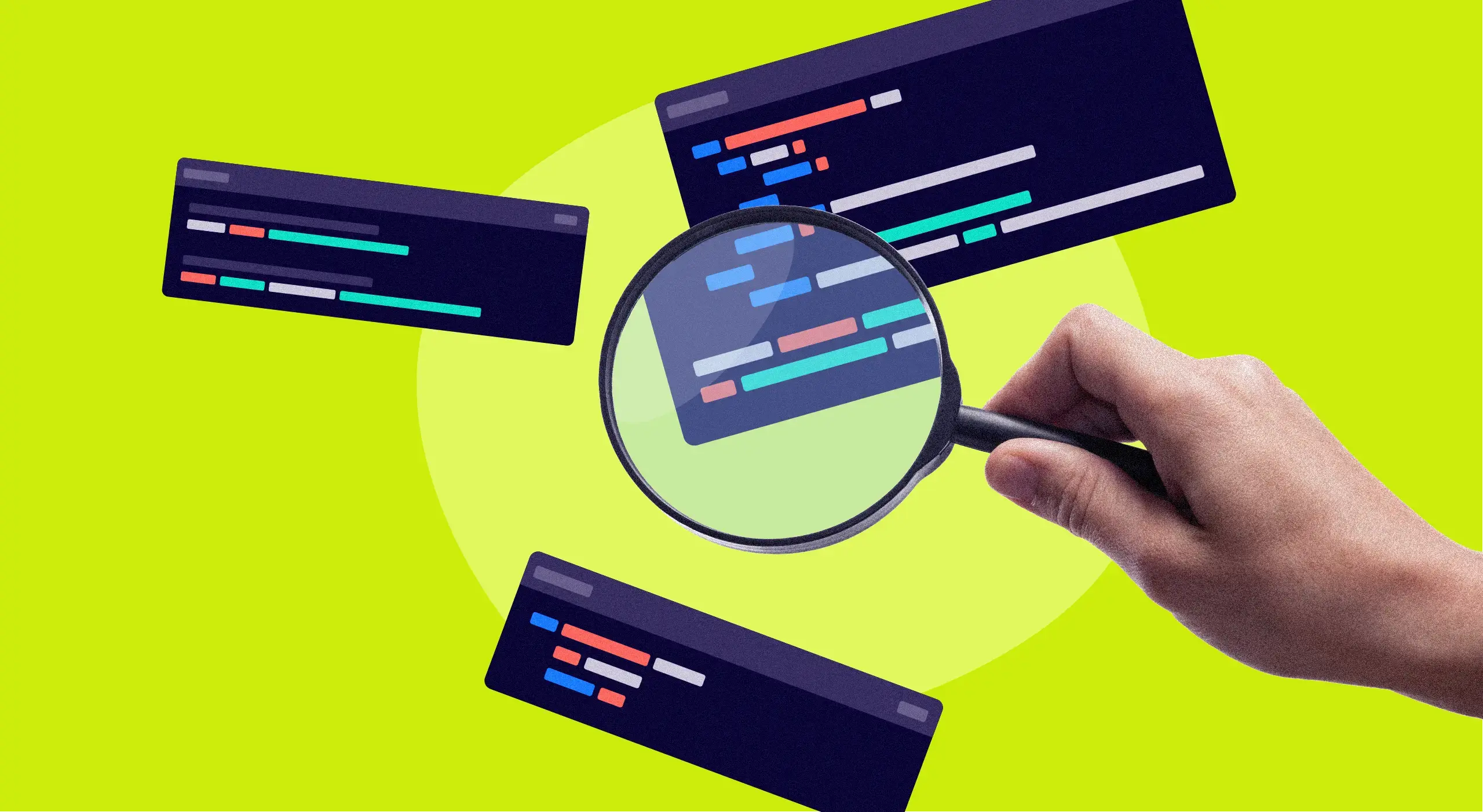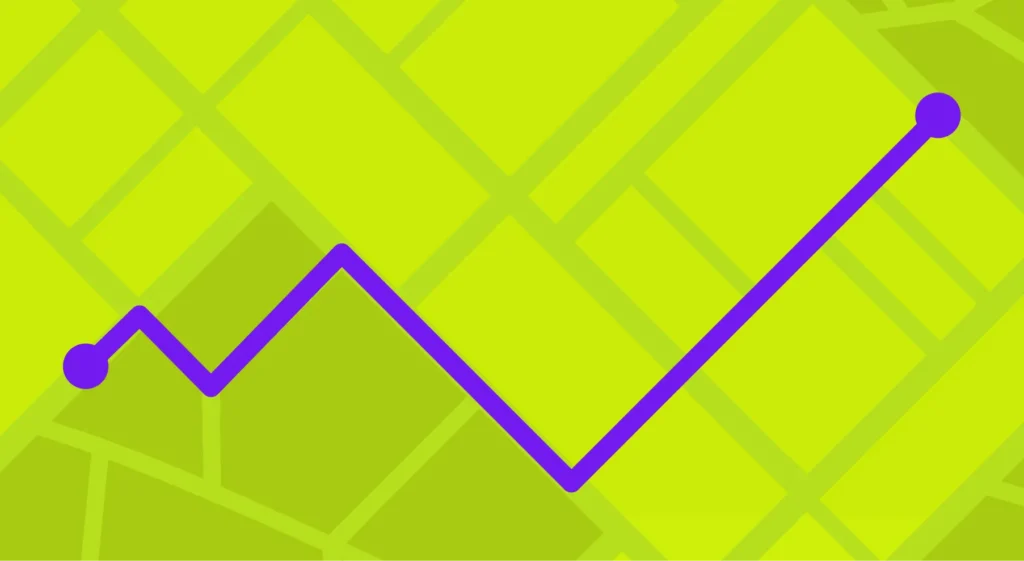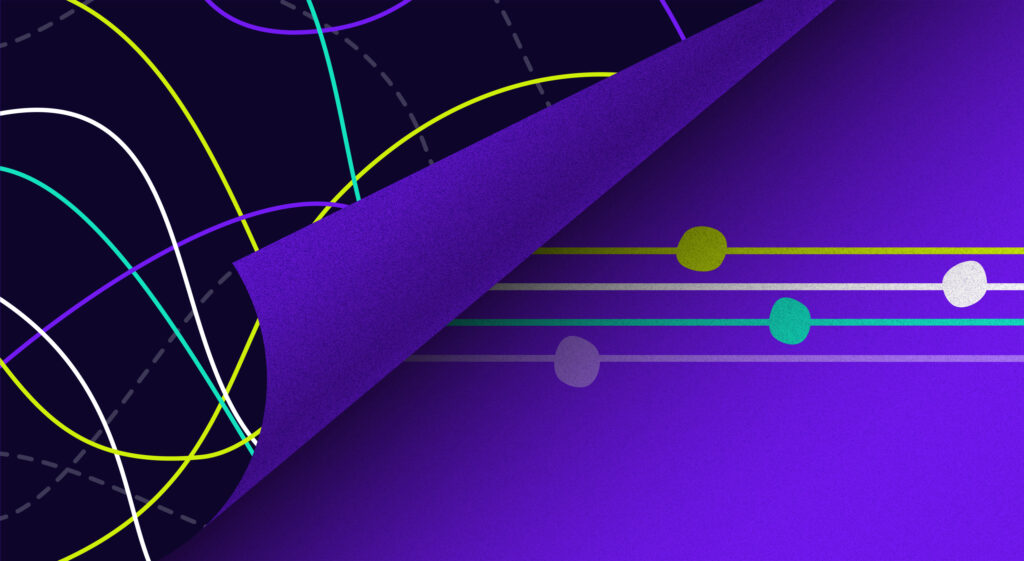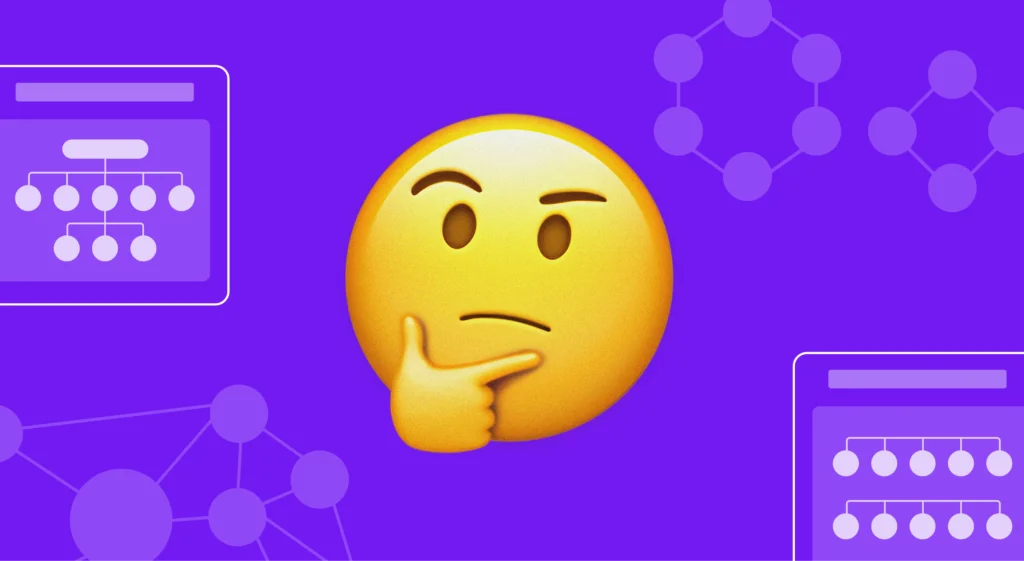Generative AI (GenAI) will be a major technological disruptor. And while GenAI is still in its infancy, many speculate that it will eventually displace certain jobs. With recent layoffs still looming over the tech industry, let’s put the following question to bed: Should software developers be worried about being replaced by GenAI? Is Skynet truly here, and is it coming for our developers’ jobs?
The short answer is, no. There’s always fear in the face of technological disruption and it’s completely normal to initially feel anxious in the face of this type of change. But rest assured AI will not be replacing software developers any time soon, but the day-to-day requirements of software developers will evolve with the times. Leaders will have different hiring criteria for developers, and entirely new roles might be born out of this movement – but this is a constant truth in software development. Despite the headlines, there is a much more nuanced discussion to be had regarding the impact of Generative AI on software developers.
So how will software developers be impacted? How will developers need to adapt to stay relevant? We can apply learnings from past technological disruptions to better understand how this could impact how teams hire and develop software engineers in the coming years.
Applying lessons from cloud computing to GenAI
AI “doomers” should look to the disruptive force that cloud computing was on the IT industry. Admittedly, Cloud computing and AI are not on the same scale of disruption, but the lessons from cloud computing will likely apply to Generative AI. Cloud computing forever changed:
- The organizational structure of engineering teams (front-end vs backend teams)
- How teams develop and deliver software (Waterfall vs Agile)
- The complexity of Agile software development process facilitated by the Cloud (DevOps)
- The types of skill sets and roles that you hire for in an IT organization
Cloud computing made the DevOps movement possible. It offloaded IT infrastructure building, servicing, and maintenance requirements to cloud providers, and forced IT admins to become a form of orchestrator. IT was no longer bottlenecked (budget-allowing, and oversimplifying a bit, but bear with me), which meant faster software shipments. In short, the tenets of the Agile Manifesto could be truly realized.
Was there an awkward transition to this new paradigm? Initially, for some, but those developers who embraced delegating certain responsibilities to others benefitted in the long run. And to be clear, this transition, decades in the making, is still happening. So how does this little history lesson relate to AI?
Software development requires new focus areas
If a software developer can offload some of the more “boiler plate” coding tasks, what parts of their role can they have time to focus on? We can expect the role to be rescoped; not unlike their IT counterparts during the introduction of the Cloud.
In a world where GenAI can output lines of code faster than any human, we expect software developers will take on – in a sense – a more managerial role, leaning into their coding experiences to oversee and review code that is developed by GenAI. Developers will take on the responsibilities of architects and managers, assuring that software is written to solve problems and drive customer value. Software developers will be at the front lines ensuring that GenAI understands these requirements, and interprets the needs of the business correctly.
We also see the day-to-day role of software developers will change in the following ways…
Problem Solving and Architecture
Even today, the best software developers are excellent problem solvers, but this will become a baseline requirement of the role moving forward. Developers will need to direct GenAI tools to build code the right way and review GenAI output to ensure it meets architectural requirements and addresses underlying customer needs. Developers will be the primary translators between business needs and the AI generating the code, so it’s important to ensure developers feel comfortable in this pseudo-architect-like role.
Review Centric Work
The importance of quality code reviews has long been undersold within software development. We can expect software engineers to spend more time reviewing and revising code created by GenAI. This could mean that leaders place a greater emphasis on code reviews during the hiring process while altering the way teams approach pair programming, code reviews, and other collaborative tasks.
AI Prompting
In the future, developers will need to be able to interface with GenAI, and learn how to prompt them to deliver on expected results. There will likely be roles dedicated to understanding how to best interface with Generative AI tools and incorporate them into new workflows. Developers will need to develop their prompt writing skills in order to effectively communicate the needs of the business. Knowing how to interface with GenAI will result in fewer revisions and shorter code reviews, and could be a key attribute of future efficient engineering organizations.
Software Development is evolving, not dying
As GenAI capabilities mature, engineering leaders and managers will alter the way that they build teams. In the short term, it probably doesn’t hurt to train yourself up on Github CoPilot, ChatGPT, and other GenAI tools that are rising to the forefront within engineering. These are tools that can be leveraged by software developers to uplevel their impact on the business. The developer role is evolving, but the world still needs great problem-solvers to oversee software development. So, no, the software developer role is not going anywhere; the best software developers will begin to use GenAI to help leapfrog their career trajectory.







